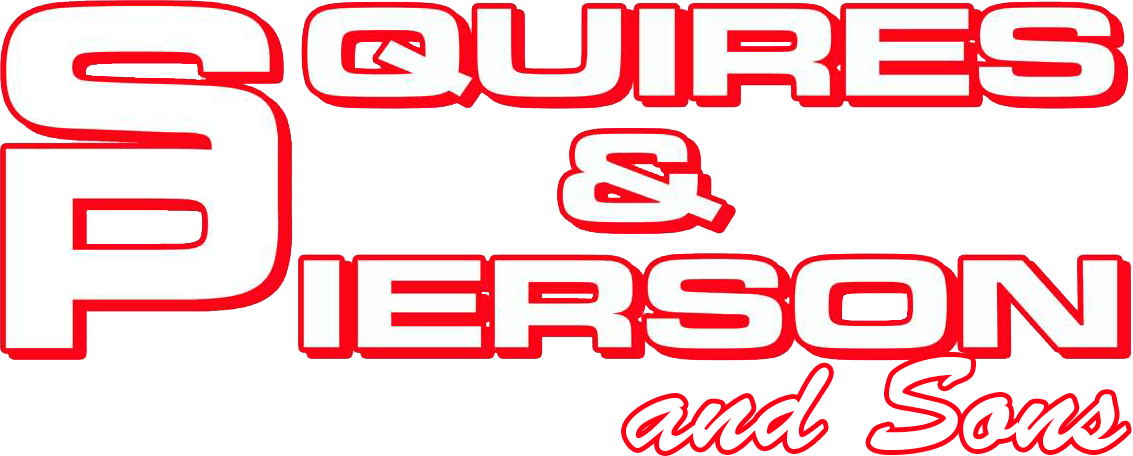Frequently Asked Questions
Fully Licensed and Insured | Locally and Family Owned | 60+ Years of Experience
Fully Licensed and InsuredLocally and Family Owned60+ Years of Experience
Get Answers to Many Common Questions About Septic Systems
At Squires, Pierson & Sons, Inc, we get a lot of questions about septic systems and other services, and we're very happy to answer them all. However, to save you a phone call or email, we've posted our more frequently asked questions here for you to read. If you have a question that you don't see below, feel free to contact us
at your convenience. We're always here when you need us.
Call (631) 283-1403 today for your FREE estimate!
Discounts for
First Responders


Share On: